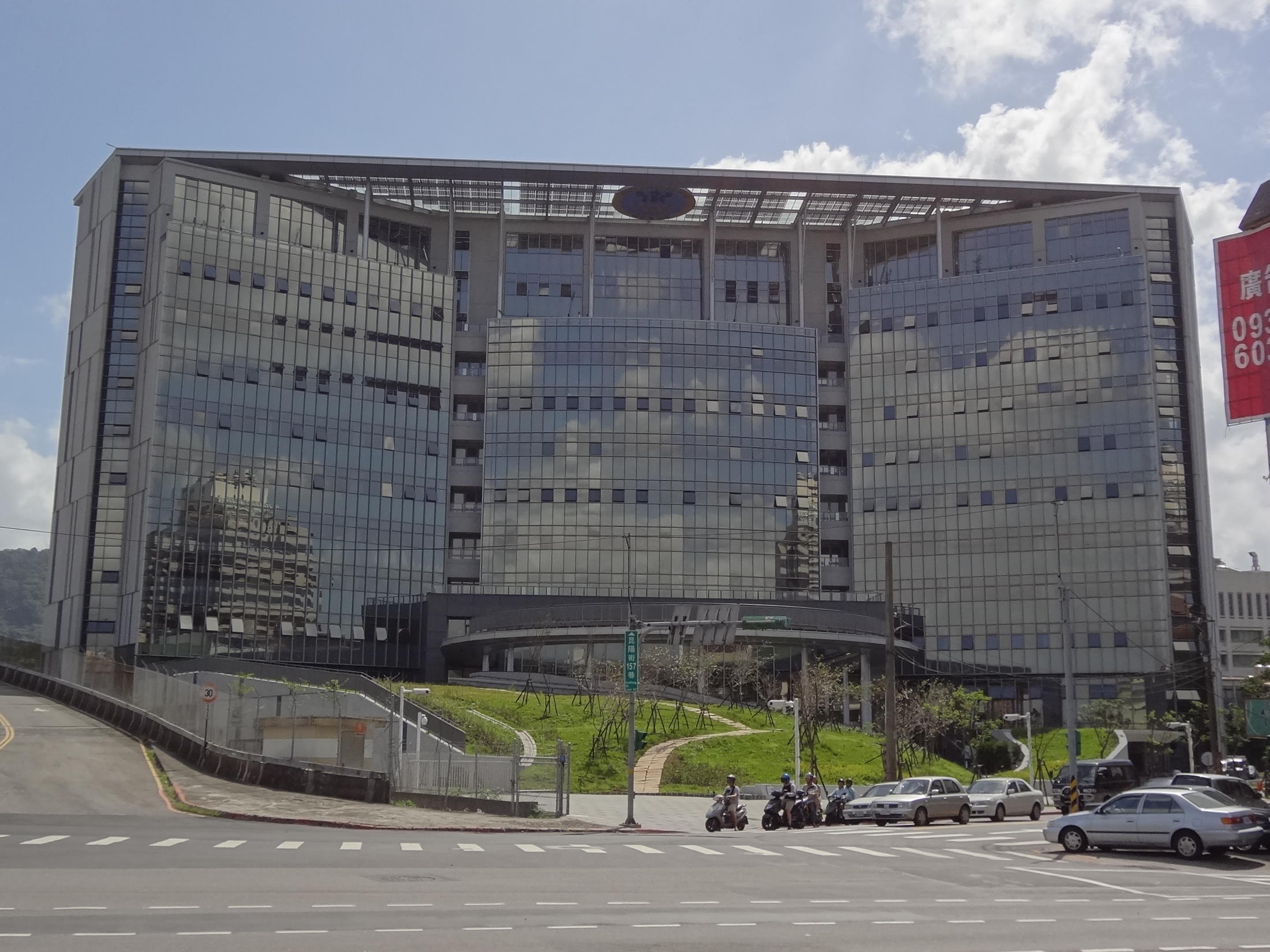|
Health In Taiwan
A new measure of expected human capital Human capital is a concept used by social scientists to designate personal attributes considered useful in the production process. It encompasses employee knowledge, skills, know-how, good health, and education. Human capital has a substantial ... calculated for 195 countries from 1990 to 2016 and defined for each birth cohort as the expected years lived from age 20 to 64 years and adjusted for educational attainment, learning or education quality, and functional health status was published by the Lancet in September 2018. Taiwan had the fifth highest level of expected human capital with 26 health, education, and learning-adjusted expected years lived between age 20 and 64 years. See also * Healthcare in Taiwan * HIV/AIDS in Taiwan References {{Taiwan-stub ... [...More Info...] [...Related Items...] OR: [Wikipedia] [Google] [Baidu] |
Human Capital
Human capital is a concept used by social scientists to designate personal attributes considered useful in the production process. It encompasses employee knowledge, skills, know-how, good health, and education. Human capital has a substantial impact on individual earnings. Research indicates that human capital investments have high economic returns throughout childhood and young adulthood. Companies can invest in human capital, for example, through education and training, enabling improved levels of quality and production. As a result of his conceptualization and modeling work using Human Capital as a key factor, the 2018 Nobel Prize for Economics was jointly awarded to Paul Romer, who founded the modern innovation-driven approach to understanding economic growth. In the recent literature, the new concept of task-specific human capital was coined in 2004 by Robert Gibbons, an economist at MIT, and Michael Waldman, an economist at Cornell University. The concept emphasizes ... [...More Info...] [...Related Items...] OR: [Wikipedia] [Google] [Baidu] |
The Lancet
''The Lancet'' is a weekly peer-reviewed general medical journal and one of the oldest of its kind. It is also the world's highest-impact academic journal. It was founded in England in 1823. The journal publishes original research articles, review articles ("seminars" and "reviews"), editorials, book reviews, correspondence, as well as news features and case reports. ''The Lancet'' has been owned by Elsevier since 1991, and its editor-in-chief since 1995 has been Richard Horton. The journal has editorial offices in London, New York City, and Beijing. History ''The Lancet'' was founded in 1823 by Thomas Wakley, an English surgeon who named it after the surgical instrument called a lancet (scalpel). Members of the Wakley family retained editorship of the journal until 1908. In 1921, ''The Lancet'' was acquired by Hodder & Stoughton. Elsevier acquired ''The Lancet'' from Hodder & Stoughton in 1991. Impact According to the ''Journal Citation Reports'', the journal has a 202 ... [...More Info...] [...Related Items...] OR: [Wikipedia] [Google] [Baidu] |
Healthcare In Taiwan
Healthcare in Taiwan is administered by the Ministry of Health and Welfare of the Executive Yuan. As with other developed economies, Taiwanese people are well-nourished but face such health problems as chronic obesity and heart disease. In 2002 Taiwan had nearly 1.6 physicians and 5.9 hospital beds per 1,000 population. ''This article incorporates text from this source, which is in the public domain.'' In 2002, there were 36 hospitals and 2,601 clinics in the country. Per capita health expenditures totaled US$752 in 2000. Health expenditures constituted 5.8 percent of the gross domestic product (GDP) in 2001 (or US$951 in 2009); 64.9 percent of the expenditures were from public funds. Overall life expectancy in 2019 was averaged at 81 years. Recent major health issues include the SARS crisis in 2003, though the island was later declared safe by the World Health Organization (WHO). National Health Insurance The current healthcare system in Taiwan, known as National Health Insura ... [...More Info...] [...Related Items...] OR: [Wikipedia] [Google] [Baidu] |
HIV/AIDS In Taiwan
Taiwan's epidemic of HIV/AIDS began with the first case reported in December 1984. On 17 December 1990 the government promulgated the AIDS Prevention and Control Act. On 11 July 2007, the AIDS Prevention and Control Act was renamed the HIV Infection Control and Patient Rights Protection Act.Centers for Disease Control, R.O.C. (Taiwan)"Draft amendments to HIV Infection Control and Patient Rights Protection Act approved to address human rights" ''Centers for Disease Control, R.O.C. (Taiwan)'', February 5, 2015. 2016-05-03. As of March 2016, there are 31,620 reported cases of Taiwanese testing positive, and 1,020 foreigners testing positive. Until January 2015, the original HIV Infection Control and Patient Rights Protection Act required foreigners who tested positive to be deported, therefore most of the reported foreigners are no longer in Taiwan. This policy was repealed in January 2015, allowing HIV/AIDS infected foreign individuals to remain in Taiwan. HIV/AIDS patients' medi ... [...More Info...] [...Related Items...] OR: [Wikipedia] [Google] [Baidu] |

